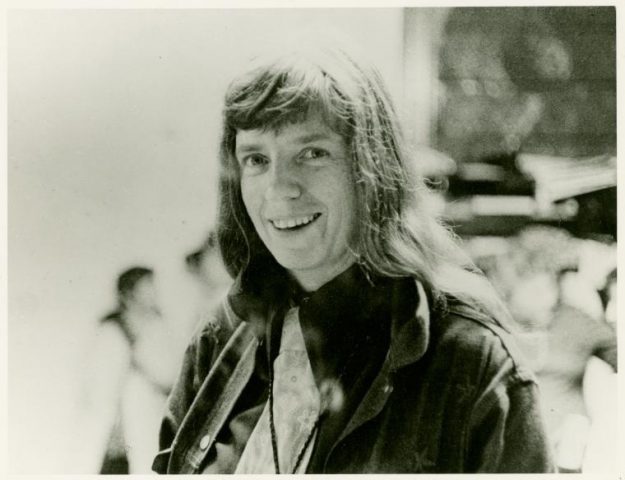Lesbian separatism, consciousness-raising and avant-garde activism: the concepts that characterized politically active lesbian culture in the 1970s were all championed by critic Jill Johnston, whose 1973 book “Lesbian Nation: The Feminist Solution” identified the tools of the revolution.
Johnston, 81, passed away September 18 from a stroke, according to her spouse Ingrid Nyeboe and reported in The New York Times.
Though she began her career as a dance critic at the Village Voice in 1959, Johnston embraced the lesbian-feminist movement of the early 1970s, and her criticism turned to male-centric capitalist constructs. She argued that lesbians should, by definition, form a separate culture and identity.
“Once I understood the feminist doctrines, a lesbian separatist position seemed the commonsensical position, especially since, conveniently, I was an L-person,” she said in a 2006 interview with The Gay and Lesbian Review and quoted in the Times. “Women wanted to remove their support from men, the ‘enemy’ in a movement for reform, power and self-determination.”
That notion of fomenting a separatist lesbian culture is still being explored in academia. The City University of New York’s Center for Lesbians and Gay Studies (CLAGS) is sponsoring “Lesbians in the 70s,” a three-day festival focused on the legacy of lesbian movements in that rough-and-tumble decade. Lesbian feminism “defined what qualified as a ‘political issue’ and challenged every assumption about gender, race, class, ability, sexuality and any other social category,” according to CLAGS’ introduction.
The conference will undoubtedly herald Johnston’s contribution to lesbian feminist discourse—and build on the precedents she espoused.


What Do You Think?